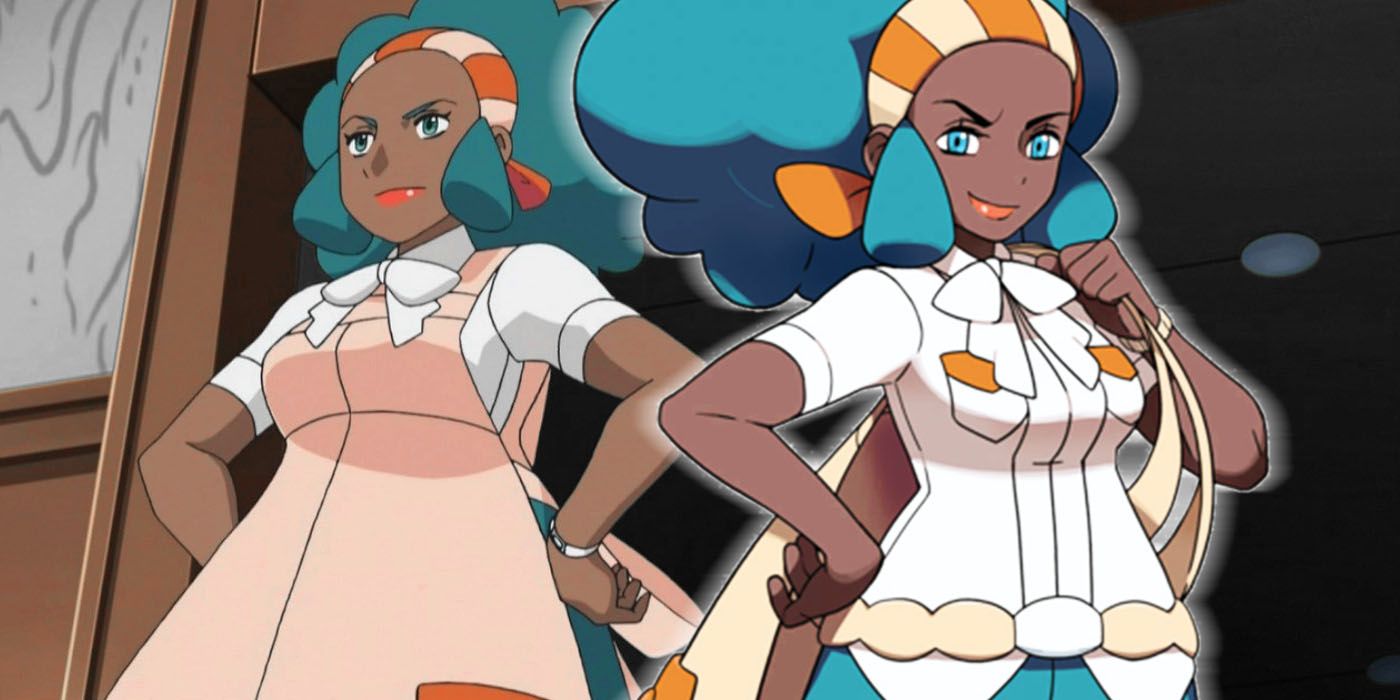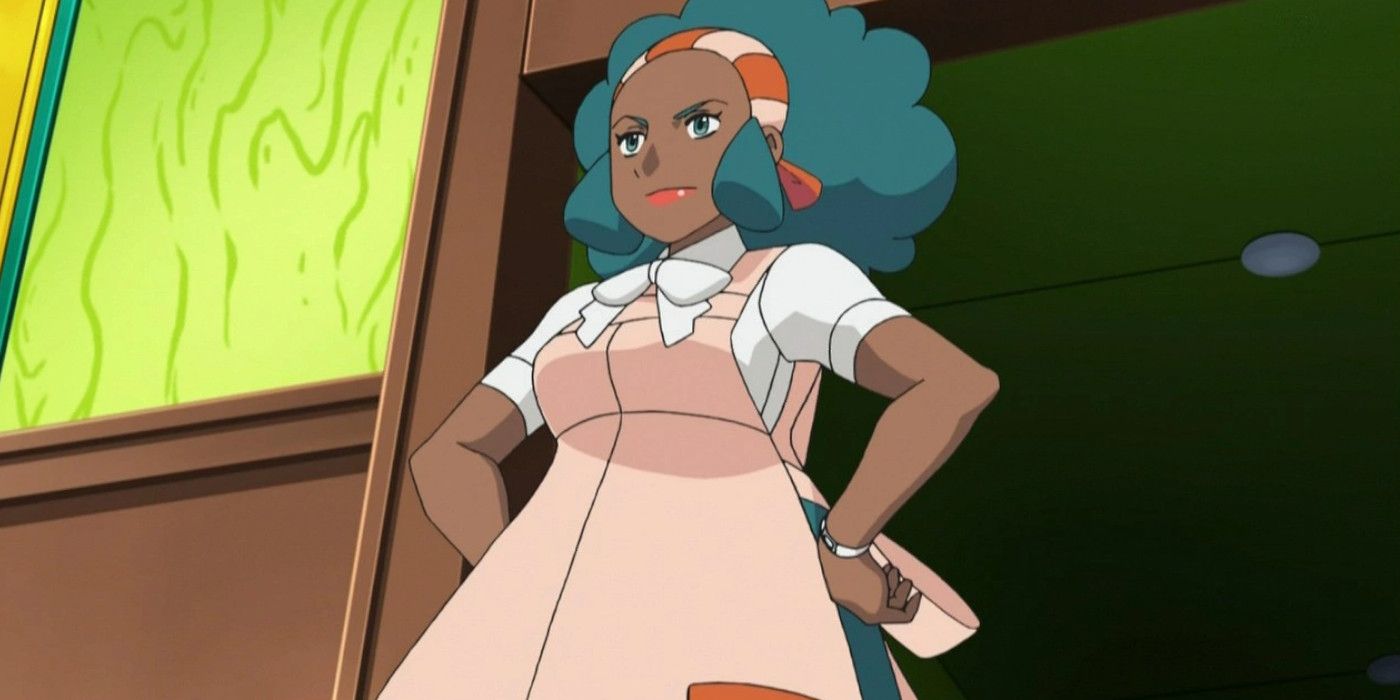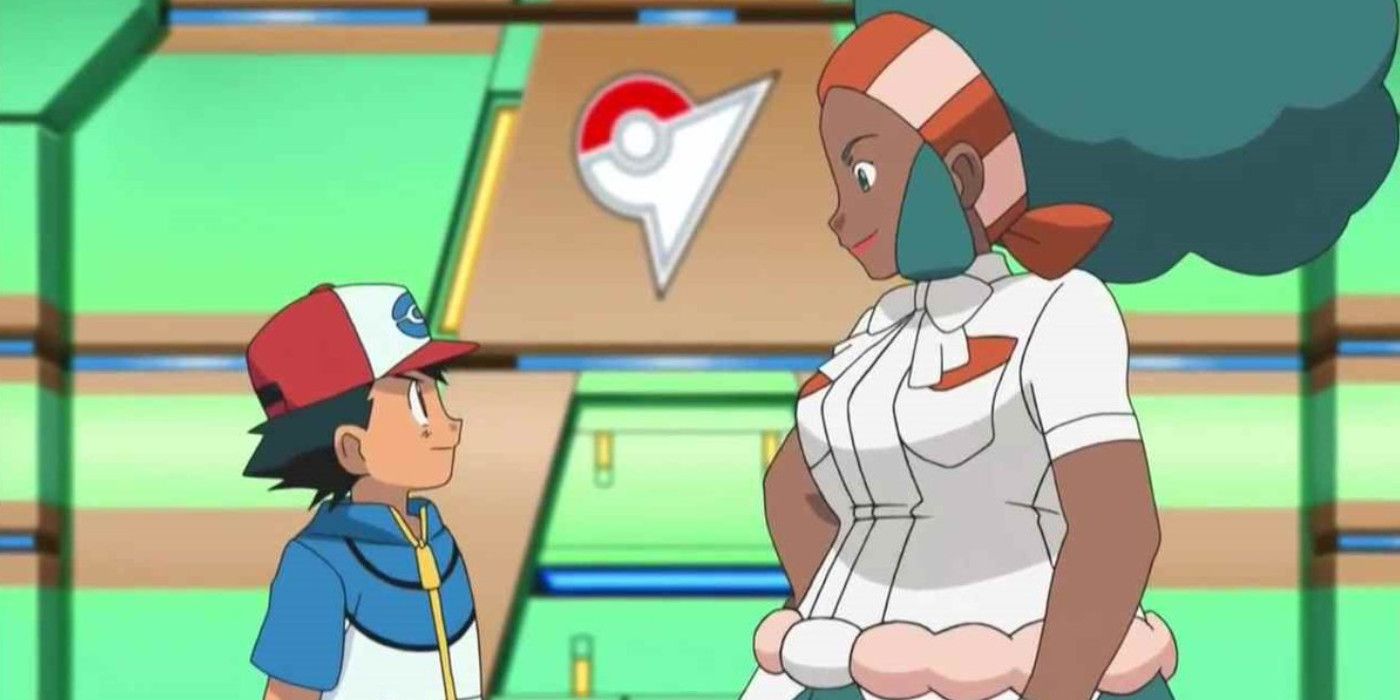Localizing franchises isn't easy. Differing cultural standards means that something that is acceptable in one country can be very offensive in another. Nowhere is this more apparent than with Pokémon, as over its long history, the show, manga, and the games that inspired them have been at the center of several massive controversies. One of these controversies led to Lenora getting a significant design change.
Pokémon has been the subject of a few controversies surrounding its depictions of race and its use of racial stereotypes. The most notable one involved the Pokémon Jynx. When the Pokémon made its debut in the 1999 episode "Holiday Hi-Jynx," many people complained that the Pokémon's dark skin and large lips made it look like an offensive caricature of African-Americans. This controversy quickly gained traction when author and critic Carole Boston Weatherford wrote an op-ed in various newspapers condemning Jynx. Because of this, the episode was banned from American television and remains so even today. Also, to avoid further controversy, Jynx was changed to have purple skin in all future appearances to make the Pokémon less offensive.
Since then, the various teams behind the Pokémon franchise have attempted to avoid similar controversies, especially as Pokémon's international sales are now a massive part of the franchise's income. This drive for inclusivity and awareness has led to American versions of the anime and manga receiving some fascinating changes.
Pokémon Black and White introduced a new character to the franchise. This character is called Lenora, and she is the gym leader for Nacrene City. However, her initial artwork sparked controversy as her big hair, bright lips, bandanna hair tie, and pink apron made many people uncomfortable. Many fans said Lenora resembled the "Mammy" archetype, an offensive stereotype of African-American women based on outdated slavery-era depictions that showed them as happily enslaved housekeepers and domestic servants. Because of fan outcry, Lenora's design was changed to make her resemble this stereotype less. In later art promoting the game, Lenora was no longer wearing the apron. Instead, she was shown carrying the apron over her shoulder like a cape.
Lenora also appeared in three episodes of Pokémon the Series: Black & White. These episodes were called "A Night at the Nacrene City Museum!" "The Battle According to Lenora!" and "Rematch at the Nacrene Gym!" Lenora's design in these episodes changes depending on the version you watch. In the Japanese version, Lenora wears her apron. This makes her look like she did in the game's original artwork. In the American dub, Lenora's apron is removed entirely. Instead, she is shown battling in a white button shirt and pants, making her look way more business-like. And when Lenora appears in the Pokémon Generations anime, she carries the apron over her shoulder, reflecting her in-game artwork.
This design change is also seen in the manga. When Lenora appears in Pokémon Adventures, she carries the apron over her shoulder. However, she throws the apron away before a battle and is never shown retrieving it or wearing it afterward. In fact, the apron is never seen or mentioned again after this moment. In the international version of Pokémon Adventures published by Viz Media, the apron is removed entirely, making her look like her anime counterpart.
Lenora's design shows how difficult international localization can be. Something that seems innocent in one place may be very offensive somewhere else due to that location's history or culture. Thankfully Pokémon and many other franchises are becoming much more inclusive in their designs. Meaning that their shows and characters can be enjoyed all around the world. As Lenora shows, small changes can help make audiences more comfortable and can make shows more inclusive. Which is always a fantastic thing.



